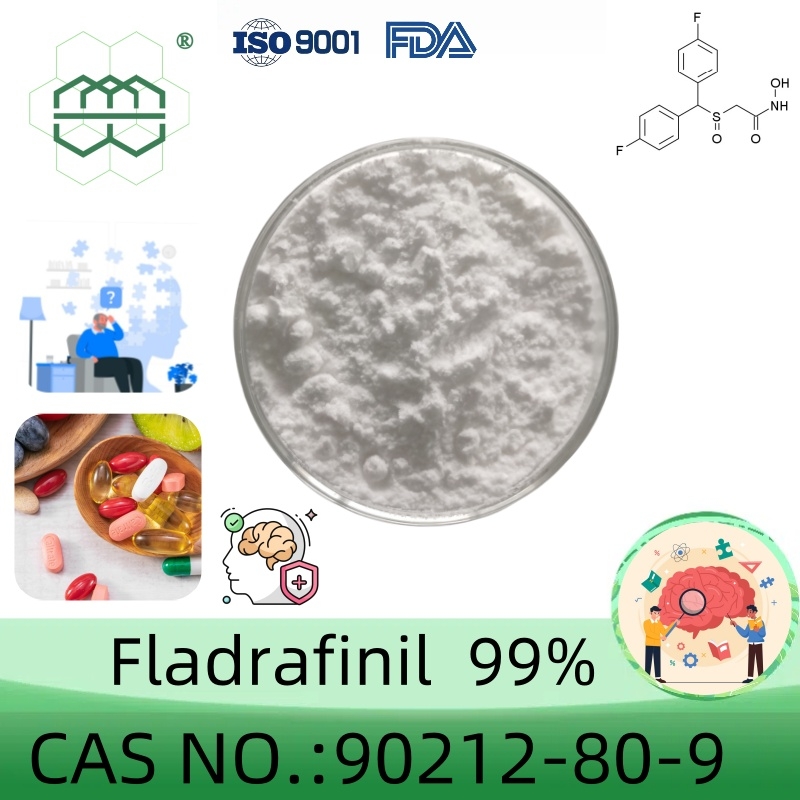The Academic Report conference of the Public Nutrition Branch of the Chinese Nutrition Society and the training course on nutrition epidemiology were successful in Urumqi, Xinjiang...
-
Last Update: 2020-10-22
-
Source: Internet
-
Author: User
Search more information of high quality chemicals, good prices and reliable suppliers, visit
www.echemi.com
August 4-5, 2017, the Public Nutrition Branch of the Chinese Academy of Nutrition successfully held a public nutrition academic conference and nutrition epidemiology training course in Urumqi, Xinjiang. Director Ding Gangqiang of the Nutrition and Health Institute of the China Center for Disease Control and Prevention, Vice Director Zhang Bing, Professor Yan Fengying of the Chinese Nutrition Society, Vice Chairman of the National People's Congress of Xinjiang, Deputy Director of the Professional Committee of Education, Science, Cultural and Health of the Standing Committee of the Xinjiang National People's Congress, Deputy Director Jia Jimin of the Xinjiang Military Region Center for Disease Control and Prevention, Director of the Disease Control Center of Urumqi City, Xinjiang, Chairman Li Li and Vice Chairman Yang Lin were invited to attend the opening ceremony and deliver a speech. Reviewing the history and achievements of the Public Nutrition Branch, Professor Yu Fengying stressed that the purpose of the establishment of the Public Nutrition Branch was to make comprehensive use of multidisciplinary research to improve the nutritional health of the people.. More than 100 nutrition workers from the Centers for Disease Control and Prevention, the National Food Safety Risk Assessment Center, institutions of higher learning, scientific research, policy-making, agriculture, food processing enterprises and other institutions participated in the academic conference and training. This academic conference and nutrition epidemiology training on the content of careful planning, and invited senior experts in relevant fields in China to carry out a wonderful and detailed explanation and report.
I. National Nutrition Plan (2017-2030) Interpretation Report
Director Of the Nutrition and Health Institute of the China Center for Disease Control and Prevention, Ding Gangqiang, read the National Nutrition Plan (2017-2030) in detail As a concrete framework for action on the construction of a healthy China, it emphasizes the necessity and importance of national policies in many ways, expounding the guiding ideology, basic principles, seven implementation strategies and six major actions of the Nutrition Plan respectively, and clarifying the direction and motivation of action for promoting the development of China's nutrition and health and achieving the health of the whole people.II. Nutrition Epidemiology Training
training includes analytical methods and applications of longitudinal research and monitoring data, collection and evaluation of food and health evidence, construction methods and applications of regional nutrition epidemiology population studies, and application of health economics in public nutrition research.
China Center for Disease Control and Prevention Professor Yu Shicheng explained the commonly used medical research design and application, longitudinal research and monitoring data analysis methods and applications, and combined with the actual work may encounter problems to give in-depth and shallow treatment, has a good operational and guiding role.Professor Ma Patriotic of Qingdao University introduced in-depth scientific research methods for the collection and evaluation of food and health evidence, and provided a scientific basis for the formulation of the 2016 edition of the Dietary Guidelines for Chinese Residents by collecting the relevant research results on the relationship between food and health, and analyzing and evaluating them scientifically and demonstrating the credibility of the evidence.Professor Niu Kaijun of Tianjin Medical University, combined with his own years of scientific research practice, introduced the method of constructing regional nutrition epidemiology cohort research, explained the newly developed dietary nutrition evaluation system applicable to cohort research, and expounded the effective method of controlling bias in scientific research.Professor Tang Chengxiang of Guangzhou University expounded the application of economic theory in the field of public nutrition, comprehensively analyzing the economic benefits of nutrition and health and nutrition-related policies from the perspective of macro and microeconomics, and providing economic basis for future nutrition interventions and nutrition policy formulation.3. Academic Report
Professor Zhang Bing of the Nutrition and Health Institute of the China Center for Disease Control and Prevention reported on the progress of the revision of the Snack Guide for Children and Adolescents in China, including the main contents of the Snack Guide for Children and Adolescents in China (2008), the findings of the 2015 Survey of Snack Consumption Behavior and Snack Guide, the core recommendations of the new Edition of the Snack Guide for Children and Adolescents, and the design of the graphics of the Snack Guide. It is hoped that through the publicity and education of the snack guide, the goal of guiding children and adolescents to choose snacks reasonably and improve their health can be achieved.Researcher Wang Huijun of the Nutrition and Health Institute of the China Center for Disease Control and Prevention exchanged views on the organization and implementation of the Children's Nutrition Package Project in poor areas and evaluated the effectiveness of the project's interventions, hoping that through the joint efforts of the state, society and the family, the nutritional status of children and adolescents in poor areas will be improved and the health of children and adolescents improved.wang Jing of the Food and Nutrition Research Institute of the Ministry of Agriculture shared the application of biprotein foods in the clinical research of special populations in China, and the biprotein project has an important supporting role in promoting the health of the whole population by comparing plant proteins with animal proteins to form high-quality nutritious foods, and improving the nutritional status of special populations by speeding up the repair of human cell damage, regulating digestion and absorption of metabolism.Researcher Liu Aidong of the National Food Safety Risk Assessment Center introduced the method of food safety risk assessment, demonstrated the potential biological, chemical and physical hazards in food and food additives, the possible adverse effects on human body and the corresponding scientific assessment methods, and promoted the effective use of public resources by focusing on the factors with the greatest risk, providing scientific basis for the development of food safety monitoring and management priorities.Liyuan explained the potential health risks of a high-salt diet and reviewed the effective practices of countries in salt reduction. Emphasize the prevention and control of chronic noncommunicable diseases through salt reduction, it is imperative, there is a long way to go!Professor Yang Lin of Xinjiang Nutrition Society reported on the dietary nutritional status of Xinjiang residents, and shared the dietary nutrient intake, dietary composition, meal patterns and poor eating habits of Xinjiang residents, providing a theoretical basis for guiding local residents to eat reasonably in the future.After two days of academic exchanges and training, the participants of the training course said that they have gained a lot, not only to update the nutritional epidemiological expertise, improve professional skills, but also to understand the forefront of nutrition and health research, grasp the current situation of China's nutrition industry and the future direction of development, so as to better help health China's construction!
Committee of the Chinese Academy of Nutrition, Xinjiang Nutrition Society, China Center for Disease Control and Prevention Nutrition and Health institute for the strong support of this academic conference!.
This article is an English version of an article which is originally in the Chinese language on echemi.com and is provided for information purposes only.
This website makes no representation or warranty of any kind, either expressed or implied, as to the accuracy, completeness ownership or reliability of
the article or any translations thereof. If you have any concerns or complaints relating to the article, please send an email, providing a detailed
description of the concern or complaint, to
service@echemi.com. A staff member will contact you within 5 working days. Once verified, infringing content
will be removed immediately.







